|
|
|
|
Nau mai haere mai, welcome to this week’s newsletter.
Men get sick and die younger than women but New Zealand still doesn’t have a specific health policy to address the risk factors facing men. Other countries do. As we mark Men’s Health Week, the team at the University of Otago’s Centre for Men’s Health say a focused strategy is desperately needed.
According to centre co-director Fiona Doolan-Noble, “The consequences of this failure for New Zealand men are dire, with research showing men falling behind women in terms of access to health care, diagnoses and overall life expectancy.”
There are ways to address men’s health, including programmes like the successful Rugby Fans in Training, that reach men where they are most comfortable. But these efforts need to come under a coordinated government-led strategy, Doolan-Noble says.
There’s more to read here and on our homepage, including a personal look at New Zealand’s selective historical amnesia from Richard Shaw and an interesting breakdown of how the language of rugby is attempting to overcome linguistic
boundaries.
Until next time, take care and mā te wā.
|

|
Debrin Foxcroft
Deputy Editor, New Zealand – The Conversation Australia & New Zealand
|
|
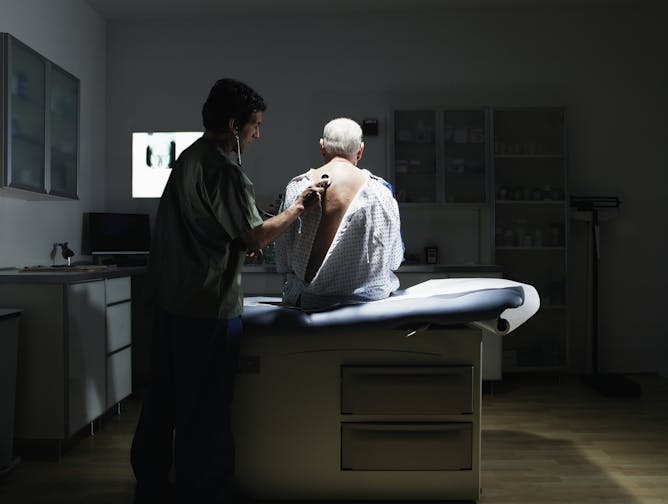
Fiona Doolan-Noble, University of Otago; Ally Calder, University of Otago; Elaine Hargreaves, University of Otago; Hui Xiao, University of Otago
When it comes to men’s health strategies, New Zealand has fallen behind countries like Mongolia, Iran and Malaysia. In Men’s Health Week it’s time to ask: what is the plan to save men’s lives?
|
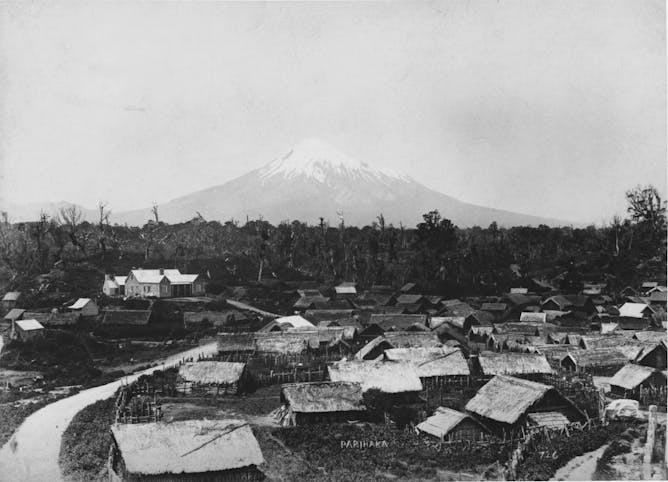
Richard Shaw, Massey University
While tracing his own family’s journey from Ireland to Aotearoa New Zealand, Richard Shaw encountered how much ‘selective amnesia’ about the colonial past still shapes our lives today.
|
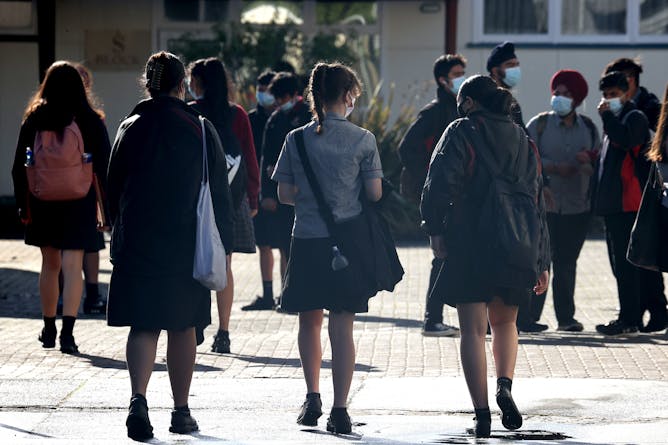
Amanda Kvalsvig, University of Otago
The government’s COVID policy for schools needs to shift from insisting on attendance to supporting the well-being of children, staff and families wherever they are.
|
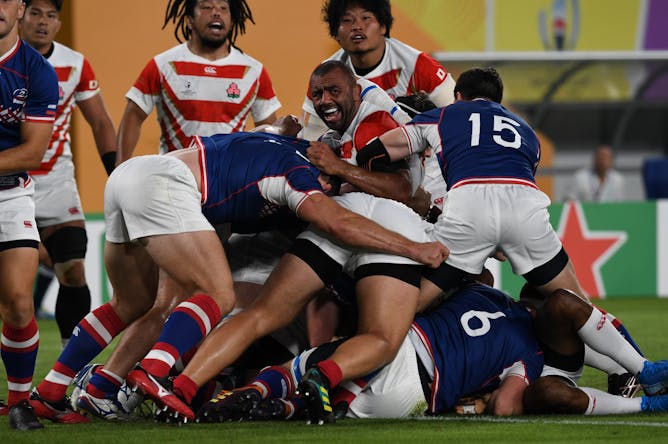
Averil Coxhead, Te Herenga Waka — Victoria University of Wellington
A project to identify rugby’s technical terms aims to make the international game easier to play, ref and watch for everyone, regardless of their native tongue.
|
From our foreign editions
|

Renaud Foucart, Lancaster University
EU rules often have significant effects beyond its borders. The new USB-C charging standard is a great example.
| |

Kirill Shakhnov, University of Surrey
Many predicted Russia’s currency would just keep plunging, but it hasn’t.
|

Clare Collins, University of Newcastle
Newly reported study findings suggest a link between eating more fish and dangerous skin cancers. But the findings are based on observations only and more research is needed.
| |
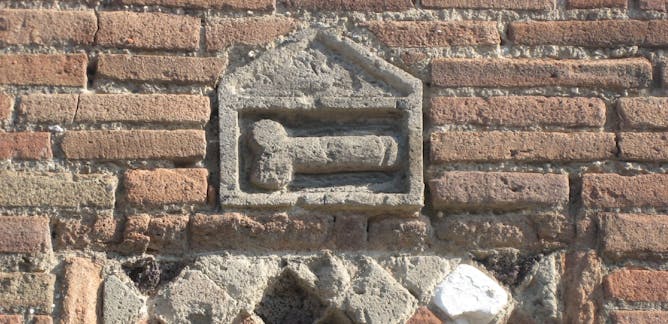
Esmé Louise James, The University of Melbourne
Pompeii is remembered as a place of surprising liberality – but the ‘masturbating man’ is probably a far less lurid tale than assumed.
|
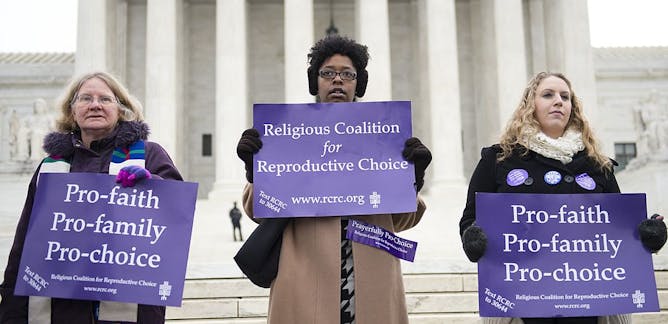
Samira Mehta, University of Colorado Boulder
Views on abortion differ not only among major religious traditions, but within each one.
| |
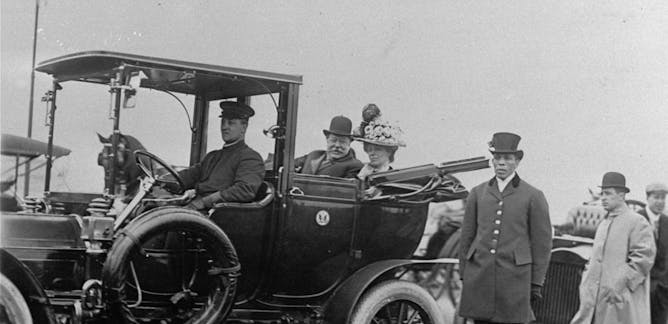
Brian Stewart, Wesleyan University; Gary W. Yohe, Wesleyan University
This technology, popular when automobiles first caught on, had a short resurgence in the 1970s.
|
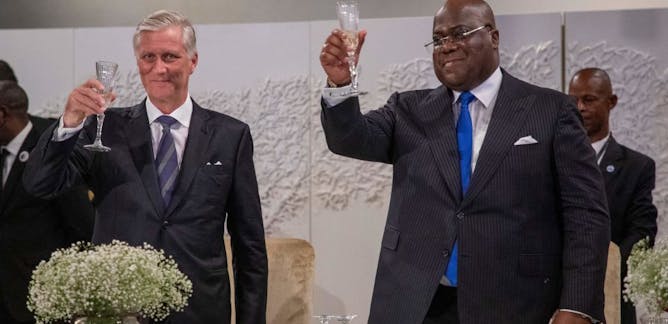
Julien Bobineau, Julius Maximilian University of Würzburg
For relations with the DRC to truly improve, the Belgian state must acknowledge its historical responsibility more strongly.
| |
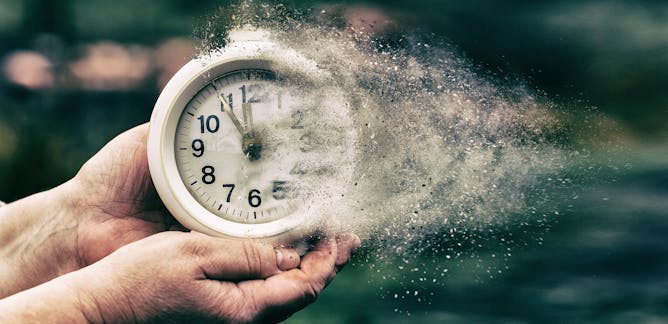
Peter Watson, Carleton University
Theories exploring the possibility of time travel rely on the existence of types of matter and energy that we do not understand yet.
|
|
|
| |
| |
| |
| |
|
|
|
|
|
|
|